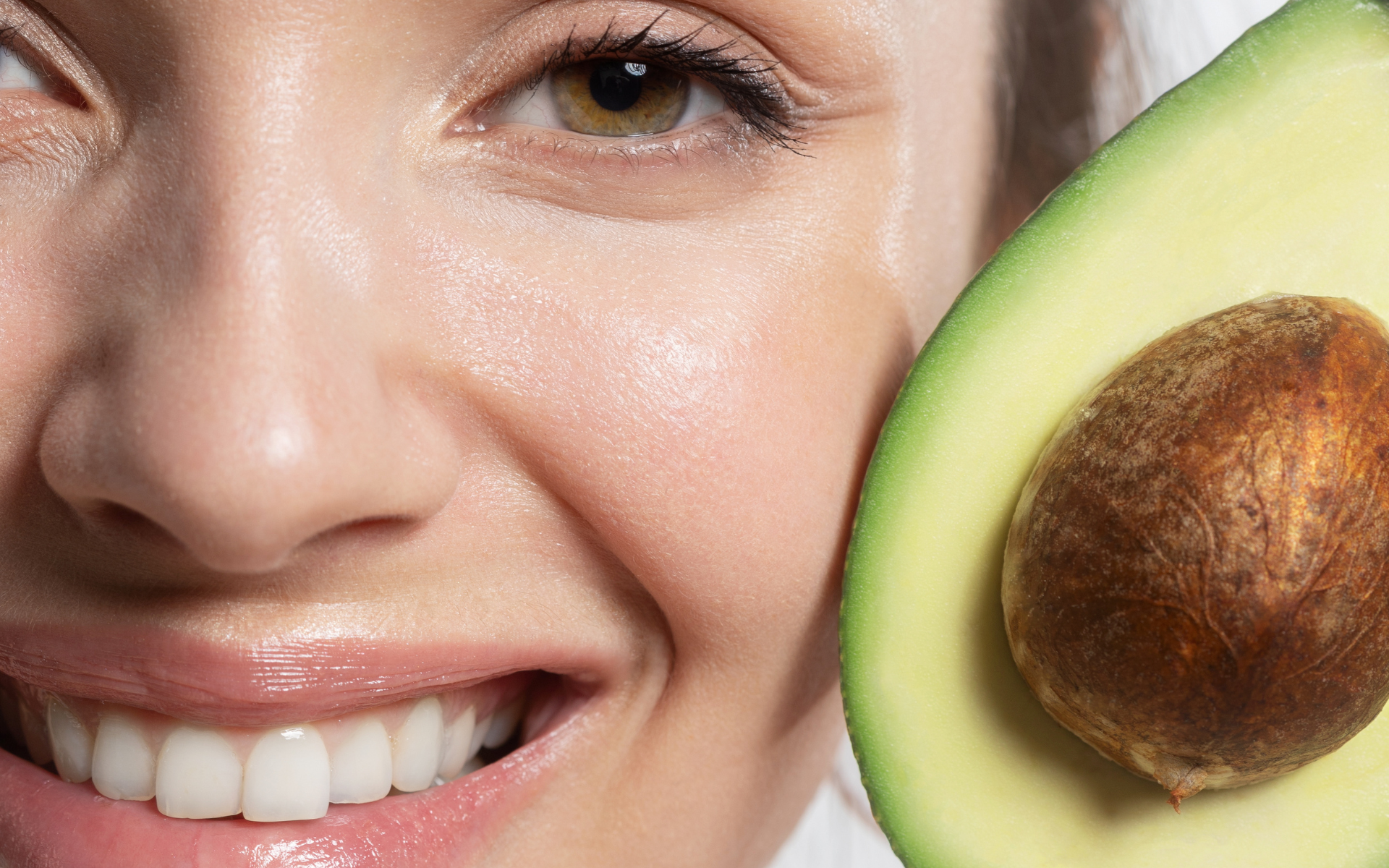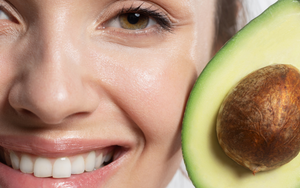In the realm of beauty and wellness, the influence of diet on skin health is a topic of endless fascination and research. The adage "you are what you eat" suggests a direct correlation between our dietary choices and the condition of our skin. But does food really have an impact on skin? Let's delve into the science behind this question and explore how different nutrients and dietary patterns can affect our skin's health and appearance.
The Connection Between Diet and Skin
The skin, being the body's largest organ, is a reflection of our overall health. It's influenced by various factors, including genetics, environmental elements, and, significantly, our diet. Nutritional science underscores the link between food intake and skin health, highlighting how certain foods can either nurture or compromise skin integrity.
Nutrients That Benefit the Skin
Several nutrients are known for their skin-enhancing properties. Incorporating foods rich in these nutrients can help maintain skin health, elasticity, and radiance.
-
Vitamins A, C, and E: These antioxidants combat free radicals, molecules that can cause oxidative stress and damage skin cells. Vitamin A-rich foods include sweet potatoes, carrots, and leafy greens. Citrus fruits, strawberries, and bell peppers are excellent sources of vitamin C, while nuts, seeds, and spinach are loaded with vitamin E.
-
Omega-3 Fatty Acids: Found in flaxseeds, and walnuts, omega-3s are essential for maintaining skin moisture and may help reduce inflammation, which can cause redness and acne.
-
Zinc: This mineral plays a crucial role in skin repair and inflammation control. Foods high in zinc include oysters, lentils, and pumpkin seeds.
-
Selenium: Selenium has antioxidant properties that can protect the skin from UV-induced damage. Brazil nuts, whole wheat bread, and sunflower seeds are good sources.
Foods That Could Harm the Skin
Just as some foods can enhance skin health, others might contribute to skin issues:
-
High-Glycemic Index Foods: Foods that cause a rapid spike in blood sugar (such as sugary drinks, white bread, and other refined carbohydrates) can trigger hormonal fluctuations and inflammation, potentially leading to acne.
-
Dairy Products: Some research suggests a link between dairy consumption and acne, possibly due to hormones present in milk. However, the evidence is not conclusive, and more research is needed.
-
Processed and Fried Foods: These can contain trans fats and oxidized lipids that may promote inflammation, potentially exacerbating skin conditions like acne and eczema.
The Role of Hydration
Hydration is another critical factor in maintaining skin health. Water helps to flush toxins from the body and keeps the skin moisturized and plump from the inside out. Inadequate hydration can lead to dull, dry, and flaky skin.
Personalized Nutrition for Skin Health
It's essential to acknowledge that individual responses to different foods can vary widely. Factors like genetics, gut health, and existing skin conditions play a significant role in how our skin reacts to our diet. Thus, a one-size-fits-all approach does not apply to nutrition and skin health.
Conclusion
The evidence supports the notion that food does indeed have a significant impact on skin health. A balanced diet rich in antioxidants, healthy fats, and essential nutrients, paired with adequate hydration, can promote radiant, healthy skin. Conversely, a diet high in processed foods, sugars, and certain dairy products might contribute to skin problems for some individuals.
For those looking to improve their skin health through diet, it's advisable to start with small, sustainable changes and consider consulting a dermatologist or a nutritionist. Tailoring your diet to suit your specific health needs and skin conditions can lead to noticeable improvements over time, proving that beauty truly does come from within.







